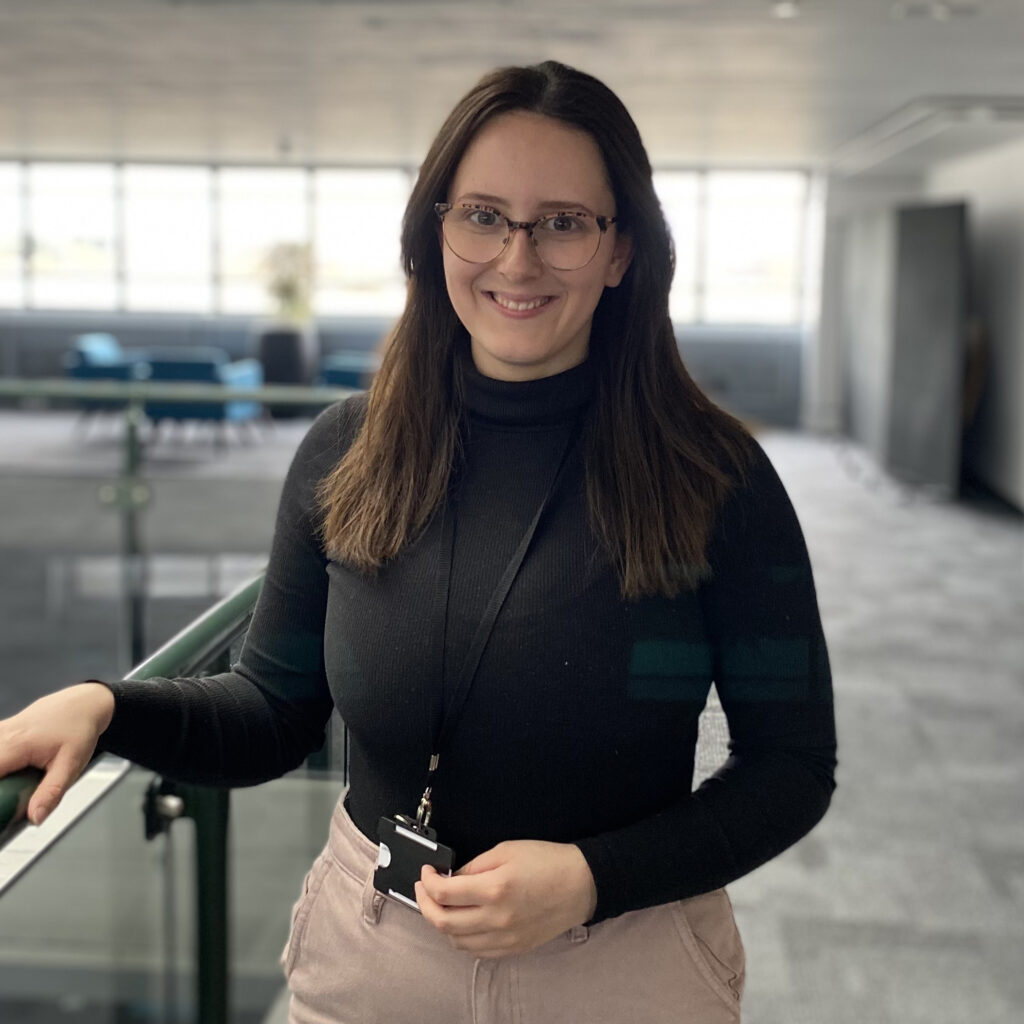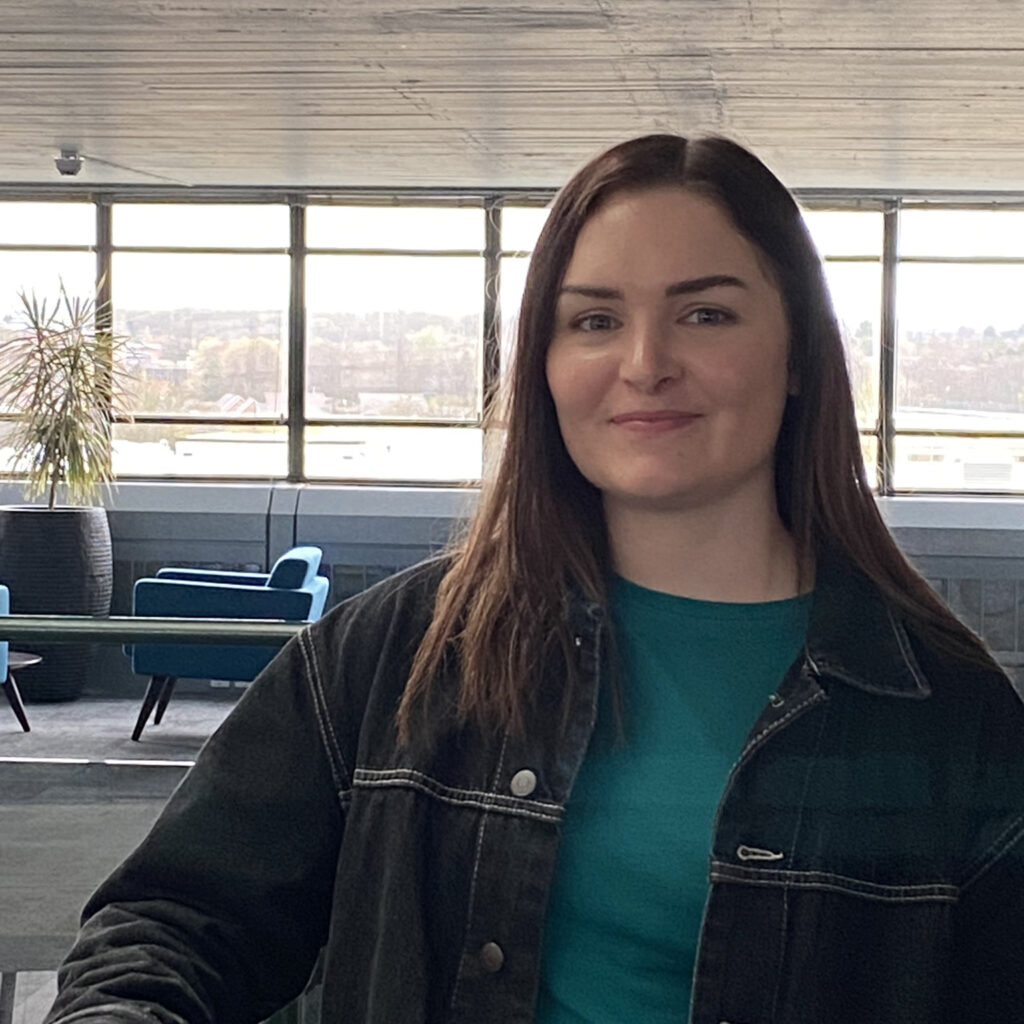The International Day of Women and Girls in Science is an annual event celebrated on 11 February and promotes the full and equal access and participation of women in Science, Technology, Engineering, and Mathematics (STEM) fields.
To mark the event, we speak to Inaphaea scientists Melissa Barr and Amelia Hatfield, who discuss their thoughts on the landscape for women in science, their role models, and what needs to be done to encourage more young women to pursue a career in STEM.
Melissa Barr, Lead Scientist

“I have always been fascinated by biology and was one of the first in my family to attend university. In the school environment, it can be difficult for young people to follow their true interests rather than the crowd, but once they get to higher education, they will meet like-minded people and discover their true fit. I believe schools could inspire more girls to consider science by highlighting the fact it combines hands-on, practical activities with intellectual, desk-based tasks, making it well-suited to those who enjoy tactile work.
“It is always inspiring to see women taking up leadership roles and fantastic that we have such strong representation of women at a senior level within Inaphaea and ValiRx. I think a better (and more accurate!) representation of scientists in the media would be a positive step forward – seeing young female scientists on screen rather than perpetuating the ‘nutty professor’ stereotype!
“The traditional lab environment can lack flexibility, especially with tight experimental deadlines, sometimes making it challenging for women juggling childcare responsibilities to remain working in the lab setting. Incorporating greater flexibility into working patterns allows women to stay engaged in lab work and continue to bring much-needed diversity in perspectives and skills.”
Find out more about Mel’s background and experience, here.
Amelia Hatfield, Scientist

“Biology has always been my favourite subject and my original ambition was to become a doctor. In the end, I’m glad I didn’t pursue this route, as I may not have discovered the benefits of a career in research. Within my role, I have a real opportunity to make an impact on human health through researching and testing the potential therapies of the future.
“I have just submitted my thesis for my PhD, which is focused on understanding the mechanisms of actions of a set of anti-cancer agents in colorectal cancer. At the same time, I have been working at Inaphaea, providing me with exposure to both academic and industry research. I have drawn a lot of inspiration from my PhD supervisor, Tracy. She is proof that you can be highly successful in your specialist field, whilst still showing a great amount of kindness. Imposter syndrome is a barrier that disproportionately affects women, but by lifting each other up, and fostering a supportive environment, we can empower each other to be the best we can be.
“Moving forward, it would be good to see greater representation of women in areas such as tech, engineering, and chemistry, and for schools to support young women in exploring the career options available in these fields.”
Find out more about International Day of Women & Girls in Science here.
